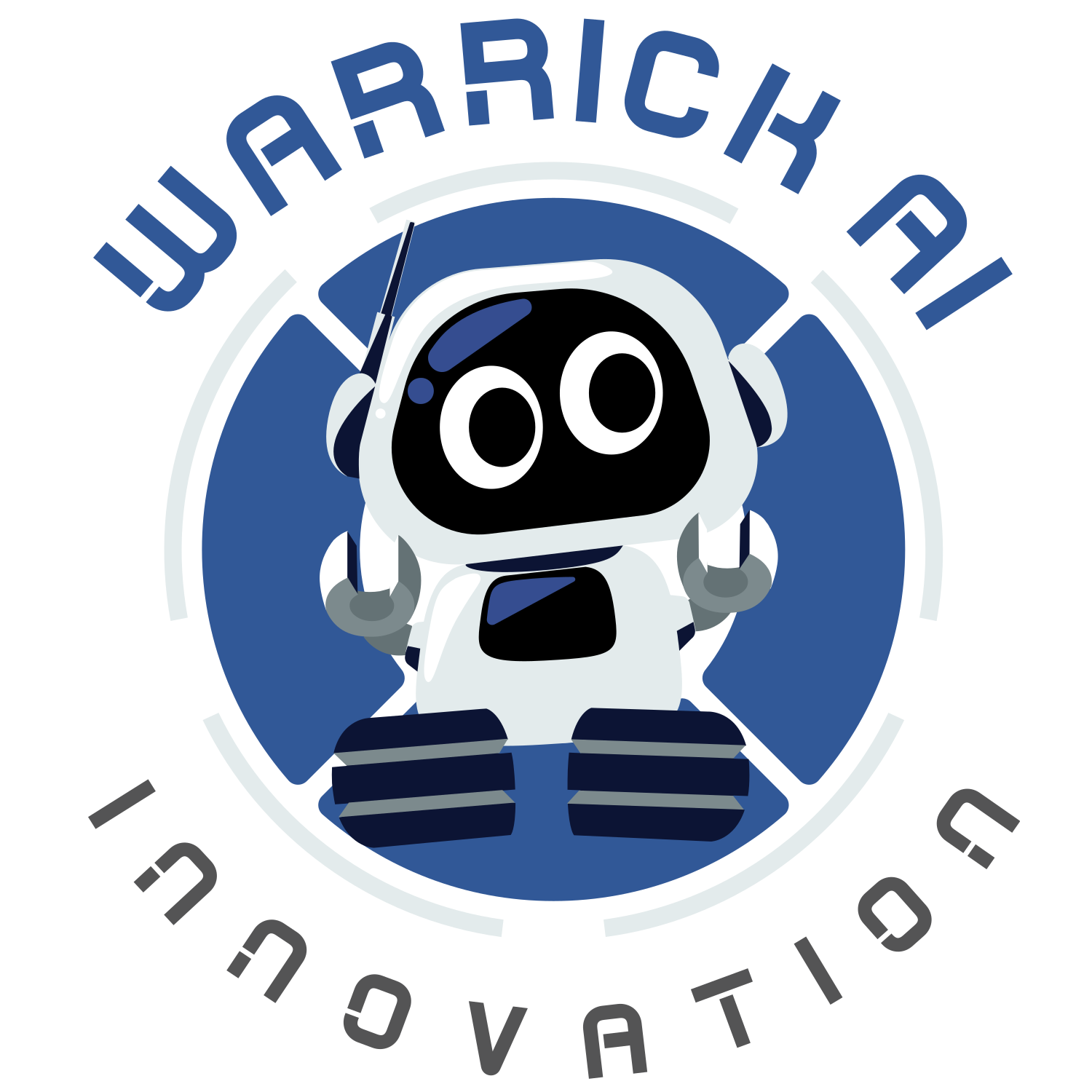The rise of artificial intelligence has fundamentally transformed the technical support landscape, creating both unprecedented opportunities and novel challenges for organizations and support teams worldwide. As AI systems become increasingly integrated into business operations, consumer products, and everyday workflows, the nature of technical troubleshooting has evolved far beyond traditional hardware and software issues.
The Changing Nature of Technical Problems
Traditional technical support centered around predictable hardware failures, software bugs, and user configuration errors. Today’s AI-driven environment introduces a new category of issues that support teams must navigate. Machine learning models may produce unexpected outputs, natural language processing systems might misinterpret user intent, and automated decision-making algorithms can exhibit biases or inconsistencies that weren’t apparent during development.
These AI-specific problems often lack the clear cause-and-effect relationships that characterize traditional technical issues. When a chatbot provides inappropriate responses or a recommendation engine suggests irrelevant products, the root cause might lie in training data quality, model architecture decisions, or complex interactions between multiple AI components that aren’t immediately obvious to support personnel.
AI as a Tool for Enhanced Support
Paradoxically, while AI creates new support challenges, it also offers powerful solutions for improving technical support operations. Intelligent ticketing systems can automatically categorize and prioritize support requests, routing complex issues to specialists while handling routine queries through automated responses. Natural language processing enables support systems to understand user problems described in plain English, even when users lack technical vocabulary to accurately describe their issues.
Predictive analytics help support teams identify potential problems before they impact users, while machine learning algorithms can analyze patterns in support tickets to identify systemic issues that might otherwise go unnoticed. AI-powered knowledge bases can provide contextual assistance to both support agents and end users, surfacing relevant solutions based on problem descriptions rather than requiring precise keyword matches.
The Human Element in AI Troubleshooting
Despite technological advances, human expertise remains crucial in AI-related technical support. Support agents must develop new skills to understand AI system behaviors, interpret error logs from machine learning pipelines, and communicate complex AI concepts to non-technical users. This requires ongoing training and a fundamental shift in how support teams approach problem-solving.
Effective AI troubleshooting often requires interdisciplinary collaboration between support personnel, data scientists, and subject matter experts. Support agents serve as critical intermediaries, translating user experiences into technical insights that development teams can act upon while helping users understand AI system limitations and capabilities.
Best Practices for AI-Era Technical Support
Organizations implementing AI-driven support strategies should establish clear escalation pathways that account for the unique characteristics of AI-related issues. Unlike traditional software bugs that can be consistently reproduced, AI problems may be intermittent or context-dependent, requiring different diagnostic approaches.
Documentation becomes even more critical in AI environments, as support teams must track not only what went wrong but also the specific conditions, data inputs, and system states that contributed to issues. This information proves invaluable for improving AI models and preventing similar problems in the future.
Transparency with users about AI system capabilities and limitations helps set appropriate expectations and reduces support burden. When users understand that AI systems may occasionally produce imperfect results, they’re more likely to provide constructive feedback rather than simply reporting perceived failures.
Future Considerations
As AI technology continues advancing, technical support teams must prepare for increasingly sophisticated challenges. The emergence of large language models, autonomous systems, and AI agents capable of taking independent actions will require new troubleshooting methodologies and support frameworks.
Organizations should invest in developing AI literacy among support staff while building robust monitoring and logging capabilities for AI systems. The goal isn’t to eliminate human involvement in technical support but to augment human capabilities with AI tools that enhance efficiency and effectiveness.
The intersection of AI and technical support represents a fundamental shift in how organizations approach problem-solving and customer service. Success in this new environment requires balancing technological capabilities with human insight, creating support ecosystems that leverage the best of both artificial and human intelligence to solve increasingly complex technical challenges.
- Model Monitoring and Maintenance: Essential Practices for Reliable AI Systems
- Performance Optimization in AI: Maximizing Efficiency and Speed
- Strategic Advisory Services in the Age of AI: Navigating Transformation Through Expert Guidance
- System Updates and Enhancements: The Continuous Evolution of AI
- Technical Support and Troubleshooting in the AI Era: Navigating a New Landscape
